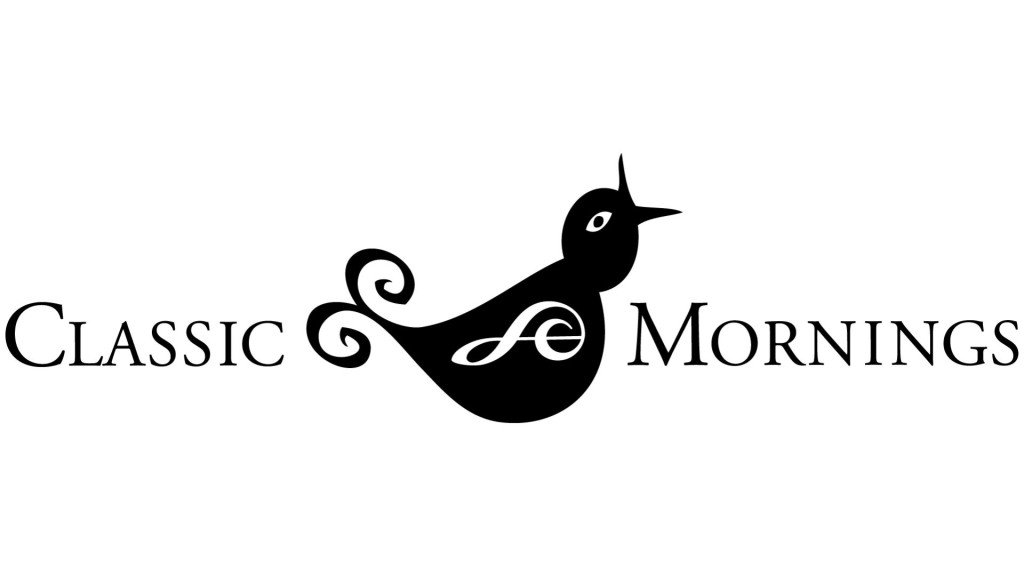More From Les Surprises

What do you get when you cross a piano with an organ? Let me add that this isn’t a riddle or a joke.
It’s a musical instrument known as an “organized piano.” It’s not organized in the sense of having its act together. The instrument, also known as a “square piano,” brings the sound of an organ to a piano, using the same keyboard to make the sound of either the piano, the organ, or both. So, maybe it is appropriate to say that it allows those two sounds to have their act together.
There are such instruments. On a new recording of music by Mozart, we get to hear the sound of the “piano carré orgnanisé,” which is the French translation. Louis Noël Bestion de Camboulas plays the Kleiner Trauermarsch, K. 453a, a funeral march, which Mozart wrote for his piano pupil Barbara Ployer. He wrote his 14th and 17th piano concertos for her as well.
Bestion de Camboulas is a pianist and organist, as well as the co-founder and music director of Ensemble Les Surprises. The name comes from an opera ballet by Jean-Philippe Rameau titled Les Surprises l’Amour. The group was founded in 2010. And the surprises they hope to present are rediscovered works of Baroque music, new interpretations, and the wealth of sonorities or sounds made possible by using instruments of the period. Their new recording is titled An Unexpected Mozart (Harmonia Mundi 902396.97). It features Mozart’s Church (Epistle) Sonatas and rare vocal and instrumental works, including pieces Mozart wrote for mechanical organs.
There’s another surprise on this new recording. A performer we’ve heard over the years makes an appearance. Thomas Bloch is a glass harmonica virtuoso from Strasbourg. He recorded Mozart’s famous Adagio in C major, K.356 for glass harmonica a quarter of a century ago. He performs it on the new recording as well. I’ve presented his earlier recording often enough to notice that he takes it much slower this time around. He’s come to know the piece quite well and has made it his own. Mozart would have been pleased.
Another new recording that arrived recently features the complete piano trios of Beethoven, as performed by Trio Wanderer (Harmonia Mundi 2932100.04). The members of the trio met at the Paris Conservatory and have been performing together since the late 1980s. Early on, they studied with pianist Menahem Pressler of the Beaux Arts Trio. They recorded the Beethoven trios during the first decade of the millennium, with the complete set being released in 2012. It was re-released last year. We were able to get hold of it this time around.
Speaking of Beethoven, it was one of his works that provided a special “14” for the beginning of the 14th year of Classic Mornings. The program actually began on April 1, 2010. Since April 1 was on a Saturday, we began the 14th year on April 3, which was the 75th birthday of pianist Garrick Ohlsson. I could think of no better way to combine the celebrations than to play Ohlsson’s recording of Beethoven’s Piano Sonata No. 14, which is more famously known as the “Moonlight Sonata.”
This past Monday was “Spelling Day.” Two musical birthdays reminded me to spell a couple of names for listeners. It was the 340th birthday anniversary of composer Johann Heinichen. He was born a couple of years before Bach and Handel, and some 180 years before the Dutch entrepreneur with a similar sounding family name began producing a different sort of “composition.”
The word “eclogue” (églogue in French) sounds a bit like egg nog or egg log when you say it. I learned that there is such a thing as an egg log. It’s a rather strange way of preparing what ends up looking like a small rod or log of hard-boiled egg.
Eclogue is a form of pastoral poetry that’s traced back to the Ancient Greek poet Theocritus and the Roman poet Virgil. The word originally meant a selection of verses from a poet’s works – that’s the literal meaning of the word of Latin origin. During the Renaissance, eclogues were written as stage plays with musical accompaniment, particularly in Spain.
In the 19th century, the Bohemian pianist, composer, and music teacher Václav Tomášek (1774-1850) wrote 42 piano pieces with pastoral characteristics. He called them eclogues. We celebrated Tomasek’s birthday on April 17.
One thing I never have to spell on the air is “willgive.org.” OK, sometimes I do spell out the “o-r-g” part for the benefit of those who are new to giving online. Next Thursday, we begin our Spring Fund Drive. For several days, we’ll be enjoying the music and giving you the opportunity to support it with an online gift or by calling 217-244-9455. We hope to hear from you, if we haven’t already!
